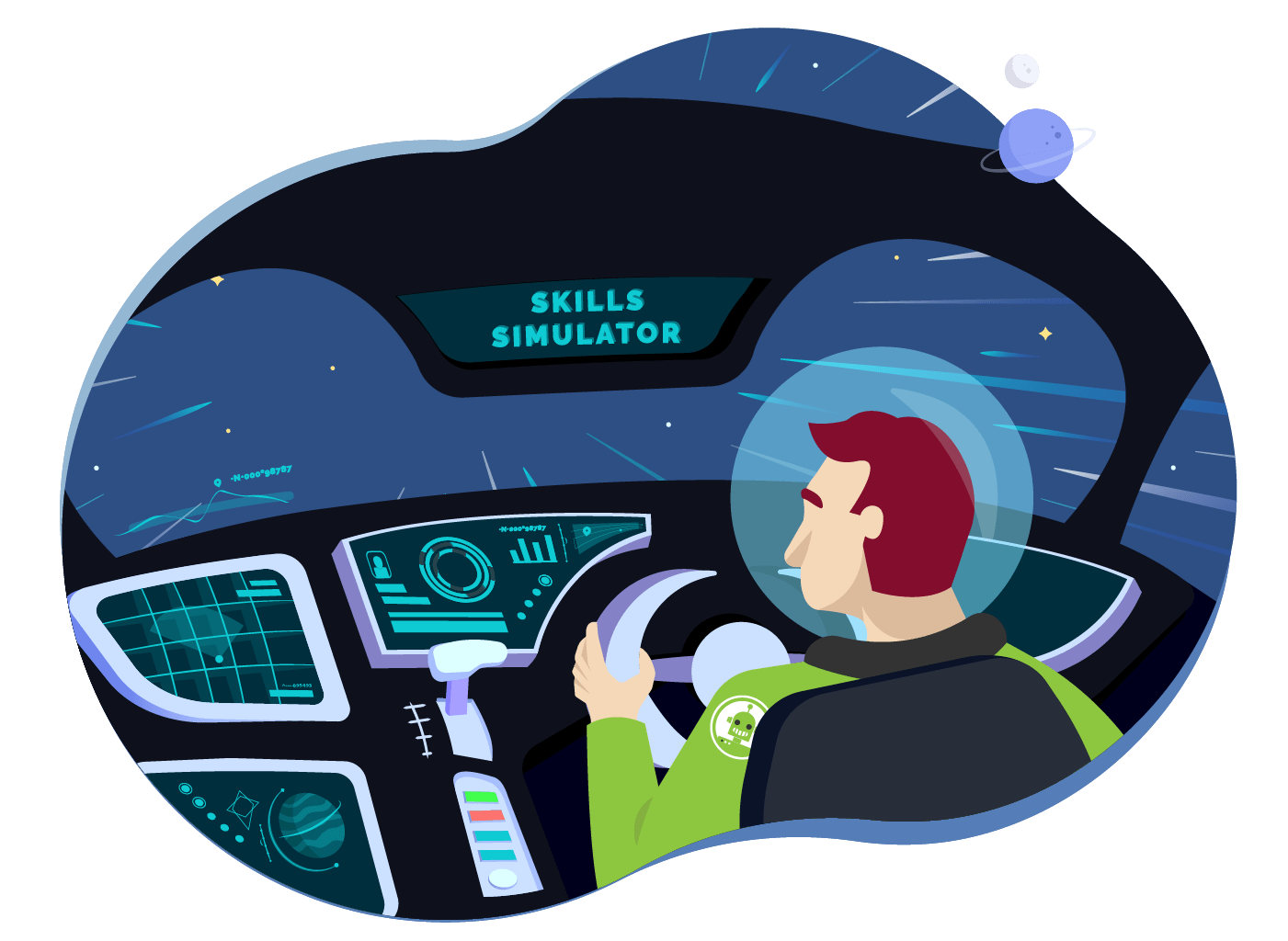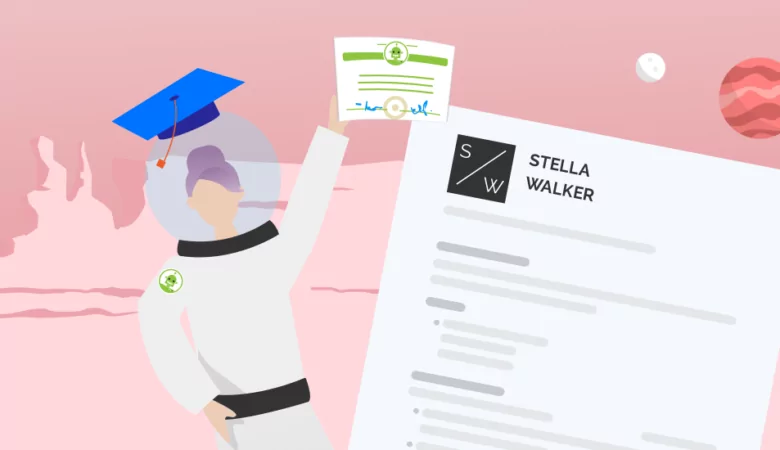Your career goals are key to your overall career path. How can you develop your own career goals and express them to a potential employer in your resume?

Tips for Listing Your Career Goals
Career Goals
One of the most important ways you can ensure that you’re happy with your career path is to set career goals. Whether you’re setting short-term career goals or very long-term career goals, these help you stay on track with your professional development and make you feel like you’re reaching achievements in your own career. Career goals are also an important part of many job applications and job interviews. Here’s what you need to know about your career goals, both personally and for your job applications.

What Are Career Goals?
“Career goal” is a term that refers to any professional goals that you’re setting for yourself. You may use these goals to guide your job search, direct your career development, or craft an action plan for your next five, ten, or 20 years. To give you an idea of the variety inherent in setting these personal goals, here are a few examples of career goals someone might have:
- To open my own business in the field of costume design that pays my bills and makes me happy.
- To get over one million followers on my social media account
- To develop my leadership skills
- To retire with enough money to live out my end years happily and comfortably.
- To become a supervisor at my current job.
- To widen my skill set and develop new skills every year
- To become friends with my team members past this job
As you can see, these goals run the gamut, from objectives that you might be able to attain in the next year or two to goals that may be decades ahead. They also include goals that are intended for your personal development as well as goals that are intended for your professional development. Last, some of these are goals you might use as an answer to an interview question, while others are individual goals that you use for yourself.
Elements To Think About When Crafting Your Career Goals
You can create some goals just by asking yourself, “What are my career objectives?” For example, if it’s always been your dream to attain social media fame and you’ve been chasing it for years, the goal of “I want to get over a million followers” might be obvious. However, not everyone knows their own goals from the get-go. Here are a few questions to ask yourself so that you can create your own career goals at different stages of career development.
- What is my ultimate goal in life? After I’m gone, what do I want to be remembered for?
- How will I know that I’ve achieved a specific goal? Is there a measurable number I can look to or a class I can take?
- What are the career goals that other job seekers in my field have? Do I have the same goals or similar goals?
- If this goal is a very long-term goal, what are the milestones in my roadmap that will show me that I’m on the right path? Do I have a specific time frame in mind?
- Is this an attainable goal, encompassing generally smart goals that are within my immediate reach?
Remember that you should have a few goals that are very short-term that you can achieve within about the next six months, a few that are medium-term that you might achieve within about 1-2 years, and a few that are much longer-term that you might not achieve for 5-10 years or more. This helps you plan out your career as a whole more effectively.
Tips for Including Career Goals in a Resume
Your personal career goals and the career goals you talk about to a recruiter may be different. If you’re trying to answer the interview question, “What are your career goals?” you need to both look at the job description and understand your place in the job market as a whole. Here are a few tips for answering this question.
- Rely on your general career plan to answer this question. When someone asks this question, they’re trying to understand your career path, so answer according to what you hope to do in your career in the next 2-5 years.
- Mention specific skills you’re hoping to develop. Talking about your project management skills or leadership skills can help take you to the next level.
- Think about what you would want to hear at a performance review. Mention improvements in your job that you would hope to hear from a supervisor at your review.
FAQ: Career Goals
You do not want to openly admit that you’re planning on a career change if an employer asks about your career goals. It’s expensive for a company to hire someone new, so they’re probably not going to be interested in hiring someone who may leave the company in a few years. Instead, think of the question this way: If you are still with this company in 5-10 years, what would you want to have done? This can illuminate goals that you can discuss with a recruiter.
It depends on your goals. You should have some short-term goals, some medium-term goals, and some long-term goals. Your ultimate goals may need to encapsulate the entirety of your life, but you should also have goals that you can achieve within the next 3-6 months. Creating long-term goals makes it easier for you to plan your career across years and decades, but short-term goals are also important so that you feel like you’re making tangible progress along the way.
Sometimes, creating a career goal is as easy as looking at skills you’re not great at and seeing where you might want to improve them. This is one of the easiest ways to indicate professional development that you’re hoping to do in your career path. After all, these are the areas where you need development in the first place.








